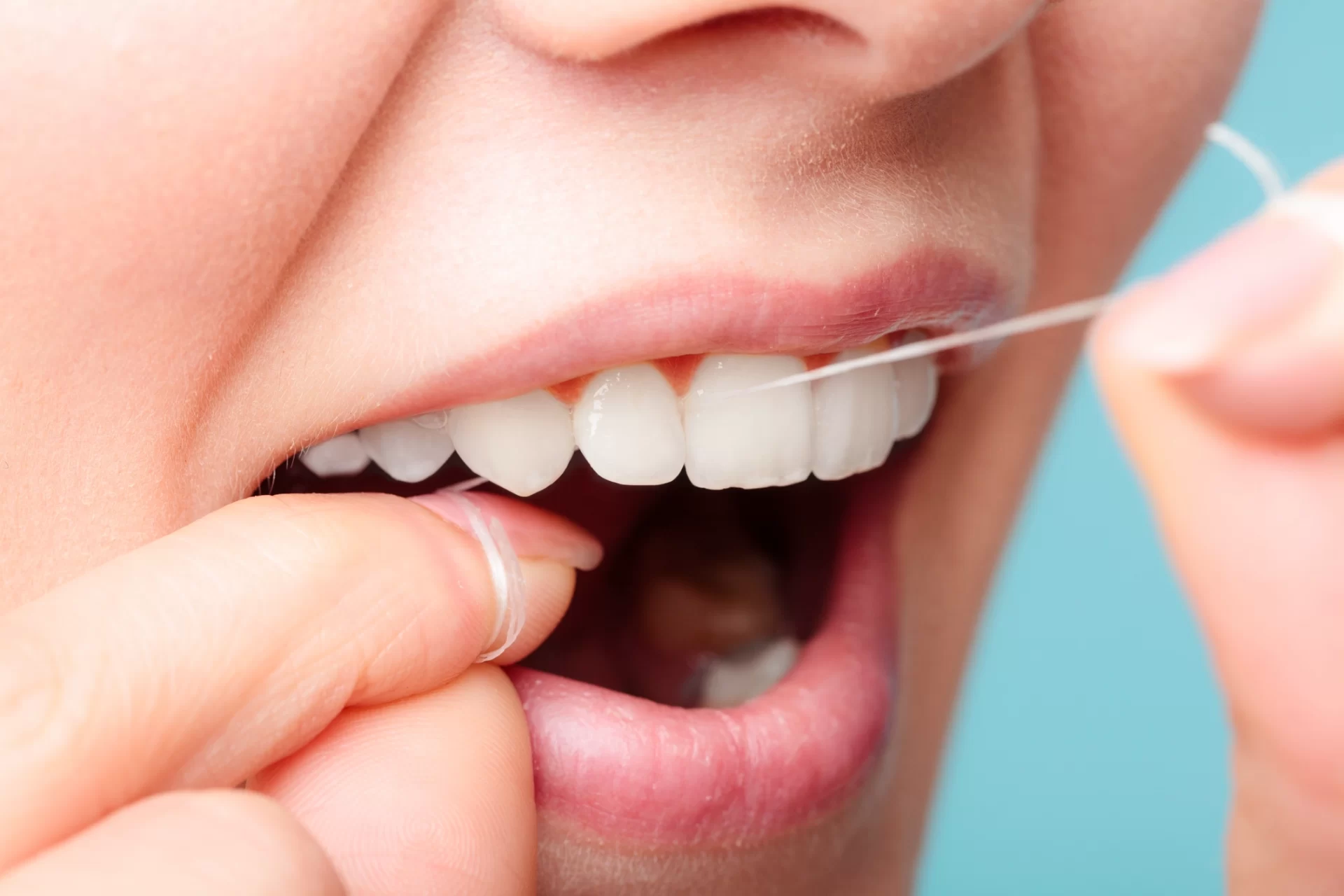Understanding Dental Night Guards
Dental night guards are custom-made devices worn over the teeth to prevent damage caused by bruxism (teeth grinding) and TMJ disorders. They act as a protective barrier, cushioning your teeth and jaws, and help in distributing the pressure evenly.
Post-Op Instructions
Initial Adjustment
It’s normal to take some time to get used to your night guard. Wear it as recommended by your dentist to accelerate the adjustment process. If you experience discomfort or if the night guard feels overly tight, contact us for adjustments.
Cleaning Your night guard
Clean your night guard regularly. Use a soft toothbrush and non-abrasive toothpaste or soap. Rinse it thoroughly after each use and let it air dry before storing it in its case.
Safe Storage
Always store your night guard in the provided case when not in use. This protects it from dust, damage, and prevents it from becoming a choking hazard, especially if you have pets or small children.
Avoid Harsh Chemicals
Don’t use alcohol-based solutions or harsh cleaners as they can warp the material of the night guard. Also, avoid exposing it to extreme heat, like hot water or direct sunlight, to prevent distortion.
Aftercare Tips
Regular Inspections
Inspect your night guard regularly for signs of wear and tear. If you notice any cracks, holes, or if it becomes loose, it’s time for a replacement.
Oral Hygiene
Maintain excellent oral hygiene. Brush and floss your teeth before wearing your night guard to prevent trapping bacteria against your teeth.
Routinely Bring Your night guard to Dental Visits
Bring your night guard during regular dental check-ups. Your dentist can inspect it for proper fit and function and make necessary adjustments.
Be Mindful of Changes in Fit
If you experience dental changes like new restorations, orthodontic treatment, or tooth loss, your night guard may require adjustments or replacement to fit correctly.
Long-Term Care
Replace When Necessary
Night guards don’t last forever. Depending on the material and the severity of your grinding, they may need to be replaced every few years.
Watch for Changes in Grinding Habits
Notify your dentist if you notice changes in your grinding or clenching patterns, as this might require alterations in your night guard or additional treatments.
Address Underlying Issues
Work with your dentist to address underlying causes of bruxism, such as stress, misaligned bite, or sleep disorders.
Discover the Perfect Dental Solution – Schedule a Visit!
Your dental night guard is an important investment in protecting your teeth and jaws from the effects of grinding and clenching. Proper care and maintenance are essential for its effectiveness. At Paradise Dental Studio of Fort Lauderdale, we’re committed to helping you maintain your oral health.
Don’t hesitate to reach out for any concerns regarding your night guard or to schedule a check-up. Together, we can ensure the longevity of your dental night guard and the health of your smile. Schedule your next visit today and take a proactive step towards comprehensive dental wellness!
